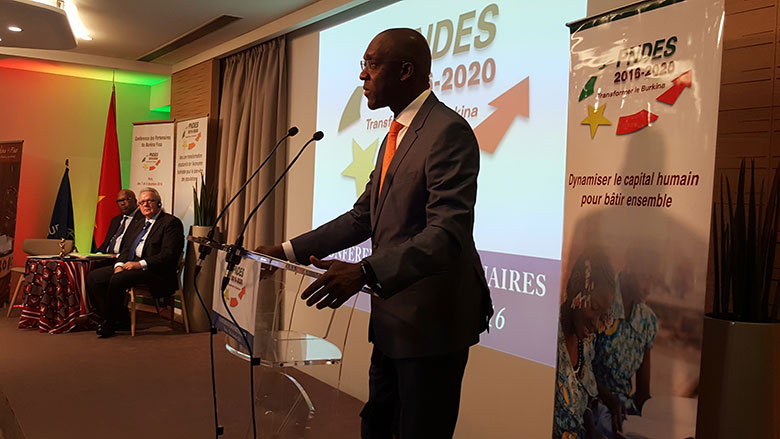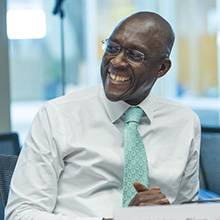“Our institution is Burkina Faso’s primary partner. We mobilized this financing to promote the implementation of the PNDES. This extraordinary amount is a clear reflection of the authorities’ resolve to undertake profound reforms that will facilitate diversification of the economy and create jobs for young people and women,” remarked Makhtar Diop, Vice President of the World Bank Group for Africa.
The aim of this new development strategy for the 2016-2020 period is to structurally transform the economy in order to achieve double-digit growth. It focuses on three pillars: economic governance, human capital development, and structural transformation of the economy and private sector development.
It also prioritizes public-private partnerships (PPP), which are an increasingly important component of the financing models of key projects. With this financing method, public resources can be used more effectively, project implementation can be expedited, risks and responsibilities can be better distributed between the public sector and the private sector, and the quality of goods and services can be sustainably improved.
The technical quality of the PNDES, Burkina Faso’s political resilience, its improved business climate, its mining resources, and its leadership in cotton production are among its most attractive advantages.
“I hoped that this conference would lead to the creation of a framework for partnership, mutual commitments and a new level of cooperation, to put our country on the road to strong, sustainable growth. I would like today’s accomplishments to be the start of a more robust partnership,” emphasized Prime Minister Paul Kaba Thieba.
The International Finance Corporation (IFC), an arm of the World Bank Group tasked with private sector development, will contribute $800 million to the total amount pledged by the group. “Burkina Faso is a priority for IFC. Working with the World Bank and the Multilateral Investment Guarantee Agency (MIGA), we intend to provide solutions for the establishment of a framework that will attract more private sector investment and create jobs,” explained Ronke-Amoni Ogunsulire, IFC Country Manager for Burkina Faso.
With the support of its development partners confirmed, the Government of Burkina Faso must now mobilize government resources to finance the PNDES, as emphasized by President Roch Marc Christian Kaboré upon his return to Ouagadougou. “In order to collect sufficient domestic resources, we will need to exercise fiscal discipline, show proof of the great determination and commitment of all revenue-collecting departments, and step up the fight against corruption.”


